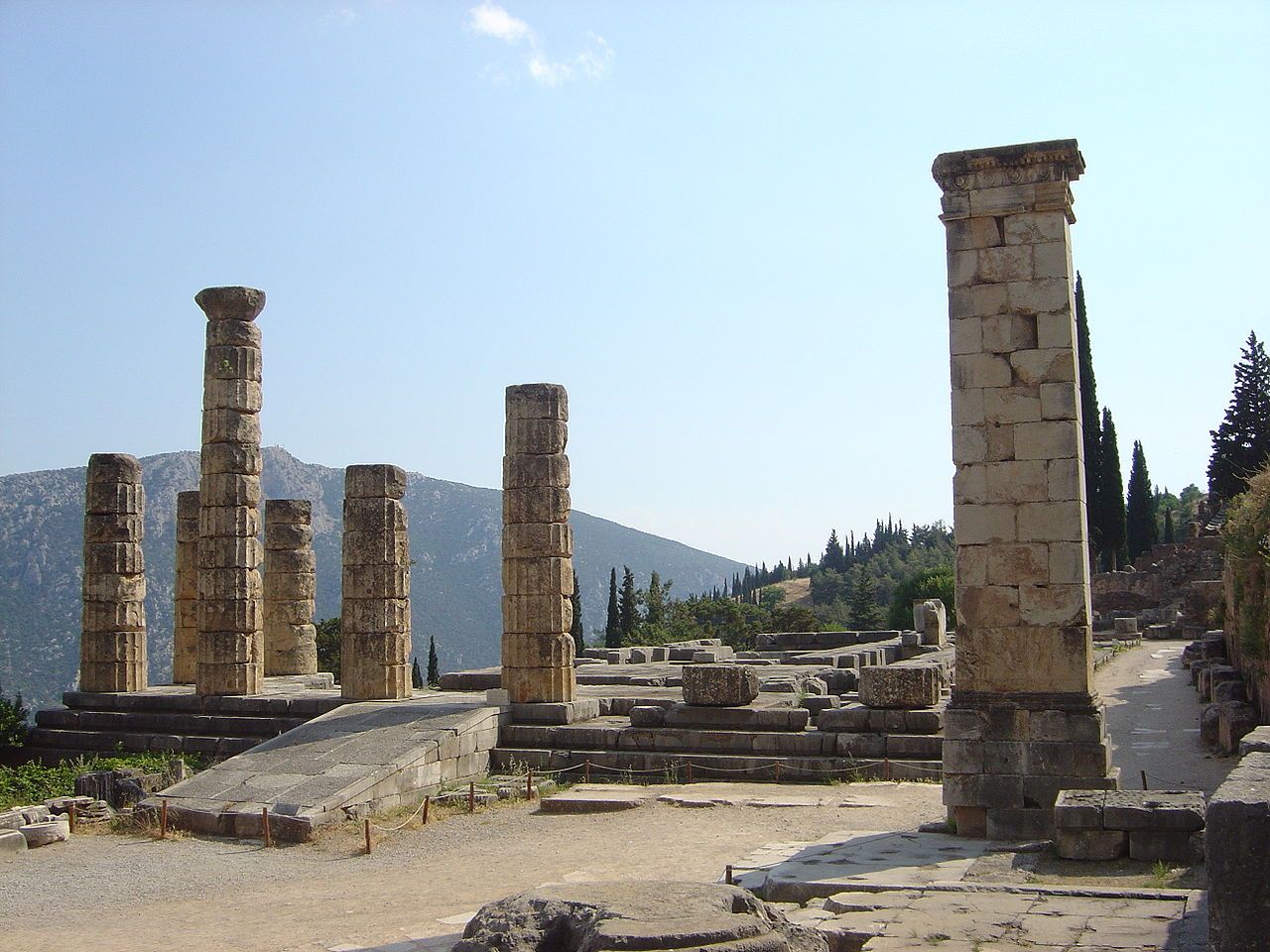
Depending on where and when they strike, earthquakes in the modern world are views at best as inconvenient and at worst devastating disasters—either way, proximity to a fault-line is rarely considered a selling point in a real estate listing.
But not so for the Ancient Greeks, it appears, with new research suggesting that thousands of years ago common earthquake zones were sought-after locations for construction.
Iain Stewart, director of the University of Plymouth's Sustainable Earth Institute, believes that fault lines created by seismic activity in the Aegean region may have caused areas to be afforded special cultural status and, as such, led to them becoming "celebrated temples and great cities."
His study, published in the journal Proceedings of the Geologists' Association, argues that seismic faults don't just run through settlements in parts of the Ancient Greek and Turkish world, which would not be unusual, but that such earthquake sites often run right through the most sacred structures in those settlements.
"Earthquake faulting is endemic to the Aegean world, and for more than 30 years, I have been fascinated by the role earthquakes played in shaping its landscape," Stewart said.
"But I have always thought it more than a coincidence that many important sites are located directly on top of fault lines created by seismic activity.
"The Ancient Greeks placed great value on hot springs unlocked by earthquakes, but perhaps the building of temples and cities close to these sites was more systematic than has previously been thought."
In Delphi, for example, a holy building was destroyed by an earthquake in 373 BC and then rebuilt right afterwards on the same site. Some commentators have argued that there is a link between cave systems and other geological features formed by seismic activity, and ancient Greek tales of people travelling to the underworld.
"I am not saying that every sacred site in ancient Greece was built on a fault line. But while our association with earthquakes nowadays is that they are all negative, we have always known that in the long run they give more than they take away," Stewart said.
"The ancient Greeks were incredibly intelligent people and I believe they would have recognised this significance and wanted their citizens to benefit from the properties they created."
Uncommon Knowledge
Newsweek is committed to challenging conventional wisdom and finding connections in the search for common ground.
Newsweek is committed to challenging conventional wisdom and finding connections in the search for common ground.
About the writer
Josh is a staff writer covering Europe, including politics, policy, immigration and more.
To read how Newsweek uses AI as a newsroom tool, Click here.








